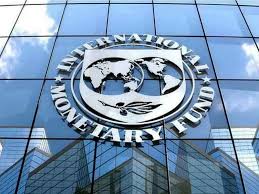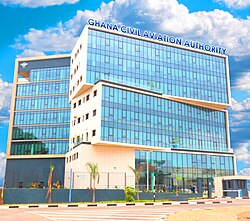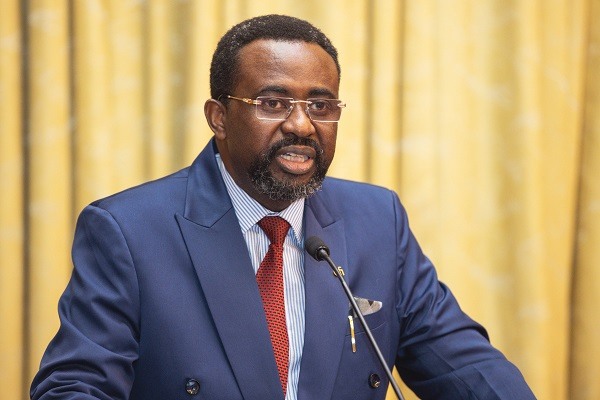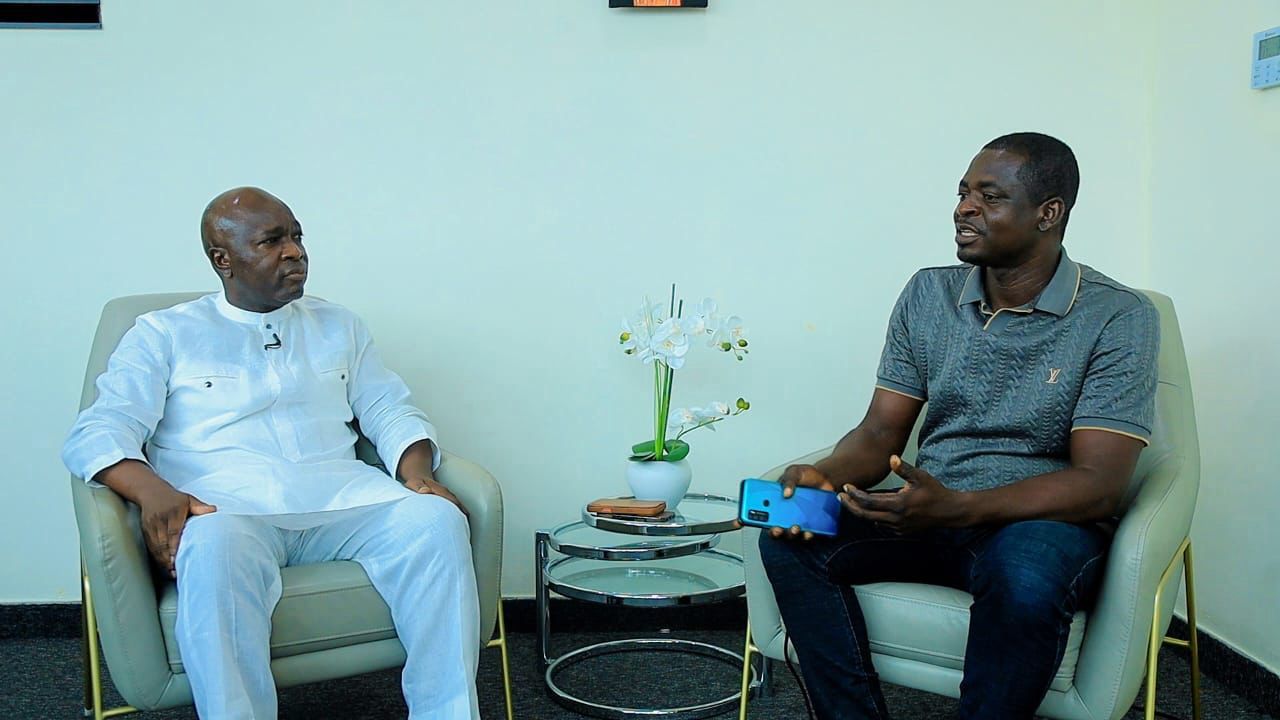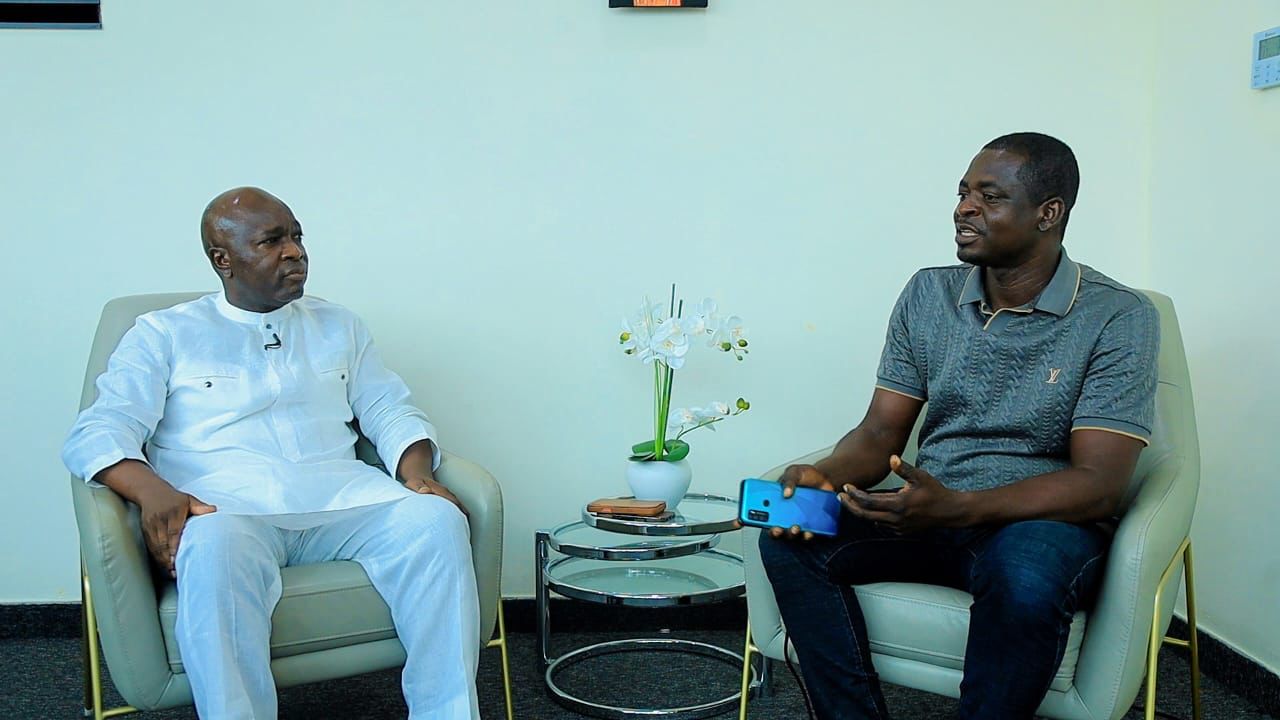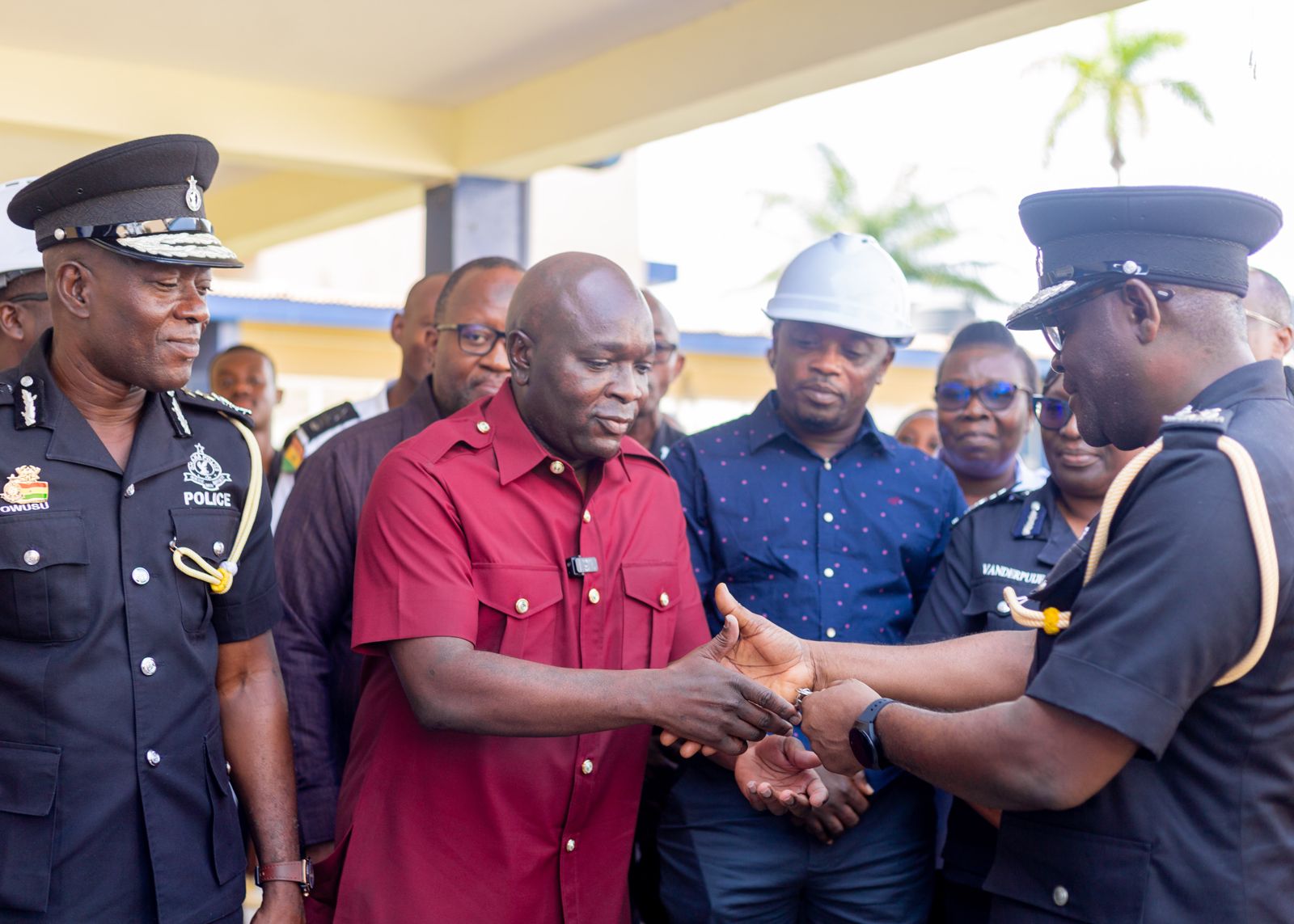An International Monetary Fund (IMF) staff mission is scheduled to visit Accra at the end of September 2025 for Ghana’s fifth programme review under the Fund’s Extended Credit Facility (ECF).
The mission comes after Ghana successfully completed its fourth review earlier this year. It will serve as the penultimate assessment before the programme concludes in May 2026, with the final review expected in April 2026.
If Ghana passes this review, the country will unlock an additional disbursement of about US$360 million in October 2025. To date, Ghana has received approximately GH¢2.3 billion since entering the programme in May 2023.
Why the 5th Review Matters
Market watchers describe the upcoming review as critical, cautioning that Ghana could face difficulties in maintaining fiscal discipline once IMF support winds down. Donor partners have urged the government to build “shock absorbers” to protect the economy after the programme ends.
The government, however, maintains that it has already put sufficient measures in place to sustain stability, assuring investors and citizens that there is “no cause for alarm.”
Areas of Focus for the Review
Our research understands that the IMF team will examine Ghana’s economic data up to June 2025, with emphasis on:
• Inflation performance and monetary policy effectiveness.
• Foreign reserves and the sustainability of recent build-up.
• Arrears auditing, including unpaid obligations in NHIL, GETFund, and the Road Fund.
• Banking sector risks, particularly recapitalisation needs of weak private banks and state-owned institutions such as NIB.
• Fiscal challenges, including revenue shortfalls amid a strengthening cedi and the need to achieve a primary surplus target of 1.5% of GDP.
• Social spending gaps in programmes intended to cushion vulnerable groups.
Ghana’s IMF Programme at a Glance
On May 17, 2023, the IMF Executive Board approved a 36-month ECF arrangement worth SDR 2.242 billion (about US$3 billion). The package included an initial disbursement of SDR 451.4 million (about US$600 million), with subsequent funds tied to programme reviews.
The programme is anchored on:
• Restoring fiscal sustainability through revenue mobilisation, expenditure efficiency, and debt management.
• Expanding social protection by doubling LEAP cash transfers and increasing school feeding allocations.
• Implementing structural reforms in tax administration, public financial management, and addressing challenges in the energy and cocoa sectors.
• Tightening monetary policy to rein in inflation, while eliminating central bank financing of the budget.
• Preserving financial stability, strengthening banks, and creating conditions for private sector–led growth and job creation.



